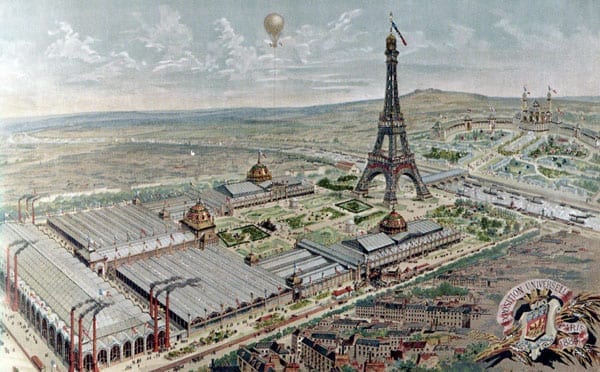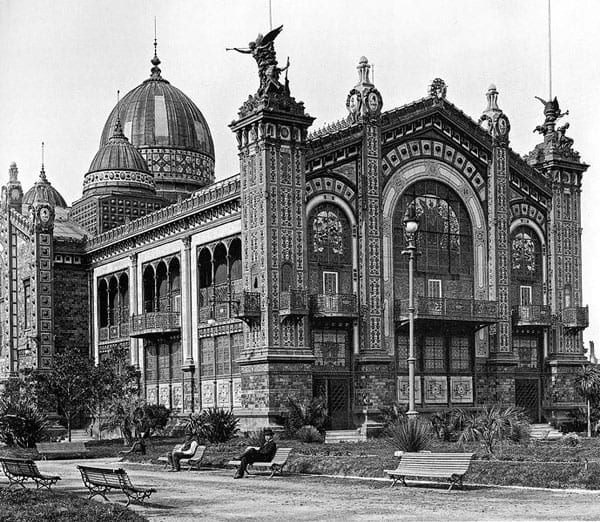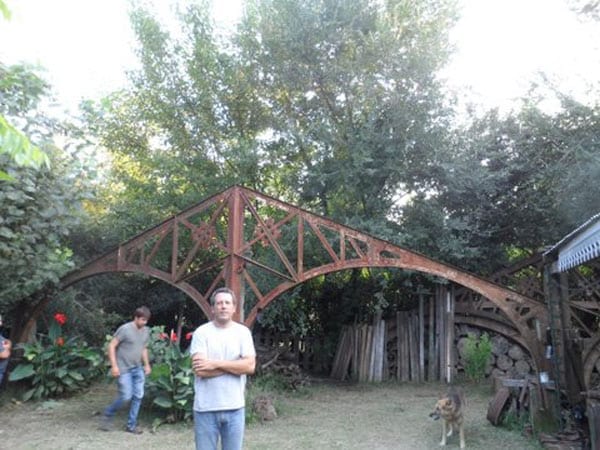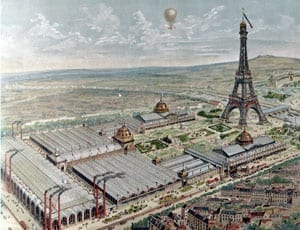Salvage Europe sell part of Argentina’s contribution to the Exposition Universelle of 1889
To mark the 100th anniversary of the storming of the Bastille, between May and October 1889, Paris held a fair named the Exposition Universelle. The main symbol and the most iconic building at the Expo was the Eiffel Tower but now Salvage Europe are selling part of the first prize winning Argentine Pavilion with a guide price of £50,000.


Situated alongside such attractions as a “Negro village” where 400 indigenous people were displayed and an American “show of the Wild West” featuring Buffalo Bill and the shooter Annie Oakley, the Argentine Pavilion was designed by the French architect Albert Ballú (1849 – 1939). Of iron and glass construction, the pavilion weighed around 1,600 tonnes and occupied an area of around 17,000 square foot. It cost around £20 million to build and was 209 foot long by 111 foot wide.

After the exhibition, which was visited by 32,250,297 individuals, ended the Argentine Pavilion was shipped to Buenos Aires and partly rebuilt. It operated a fine arts museum but due to its construction and the country’s climate, it wasn’t well suited to housing precious artworks and was thus ultimately dismantled again in the 1930s.
Many parts of the building were scrapped and lost but in 1945 a Spanish blacksmith decided to rebuild part of the Argentine Pavilion in the Mataderos neighbourhood of Buenos Aires. He used it as the warehouse of his workshop and it remained there until his family sold the land in 2002.
James Ruig of Salvage Europe recently discovered and purchased the structure. He commented:
“This fine structure represents an amazing piece of Argentinian history and could again rise from the ashes to be turned into something spectacular. It is an architectural delight and is proof that something so finely engineered will stand the test of time despite having been moved so often”.
Subscribe to our free once daily email newsletter here:
